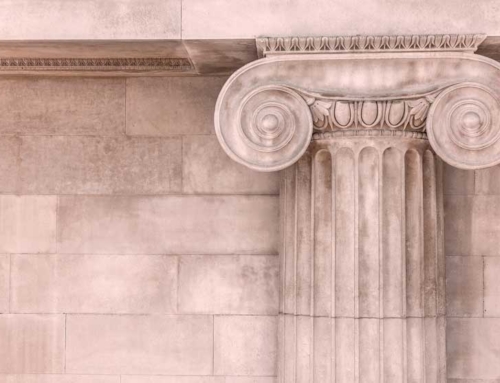What is Commercial Law?
Businesses, individuals, and merchants, who sell and trade goods or services, are engaged in the broad activity known as commerce. Commercial Law is the extensive area of federal, state and local regulations to ensure the fair and legal transaction of goods and services. Commercial law, also referred to as business law, is such a wide-ranging regulatory code that it also impacts other areas of public interest, including environmental, real estate and public safety concerns. The purpose of Commercial Law is to provide consumer protection, and the fair practice of contracts.
Other key foci of Commercial Law include:
- Trade secret protection
- Marketing disputes
- Violations of advertisement regulations
- Business start-up regulations
- Complaints by consumers
- Market competition-unfairness issues
- Securing intellectual property
- Closing or transferring a business
What are the Branches of Commercial Law?
- Contract Law regulates the essential elements of lawful contracts, and sets forth remedies when a contract is breached.
- Corporate Law empowers the founding, management and termination of corporations. Corporate Commercial Law provides for corporate board regulation, capital development including shareholder distribution, insider trading restrictions, and merger and acquisition law.
- Business Regulations governs labor, trade unions, factories and business organizations.
- Tax Law informs income, sales, capital gains, profit distribution, gifts, and other tax liability transactions.
- Uniform Commercial Code (UCC) ensures commercial law consistency across all 50 of the United States of America.
- Intellectual Property Law provides protection for copyrighting creative works and providing patents for inventions.
How are Commercial Law Disputes Resolved?
Commercial Law is designed to provide a range of resolutions when commercial disputes arise. Commonly, these remedies can include:
- Rescinding a contract, making it null and void
- Arbitration, mediation and reconciliation, resulting in a modified agreement
- Financial award as to incurred losses
- Court orders to remedy disputes, including injunctions and directives
The type of remedy may be dependent on whether the offending party is an individual citizen or a business entity. Also, Commercial Law governs the path to a remedy for groups of people with the same dispute. This type of Commercial Law court proceeding is referred to as a class action lawsuit.
When Do I need a Trade Attorney?
Any occasion, when there is an unresolved dispute with a individual, merchant or business, where there appears to be an unfair and/or illegal failure to deliver on a goods and services contract, consumers may consider the services of a Commercial Law Trade Attorney. Ressler Law Firm offers Commercial Law Trade Attorney experts to address the complexities of Commercial Law disputes. In addition to building a strong legal position, and researching the legal record, Commercial Law Trade Attorneys work hard to prepare the necessary court documents to file the lawsuit, attend court proceedings, argue the client’s position, and secure a favorable outcome. Contact Ressler Law Firm to learn more.


